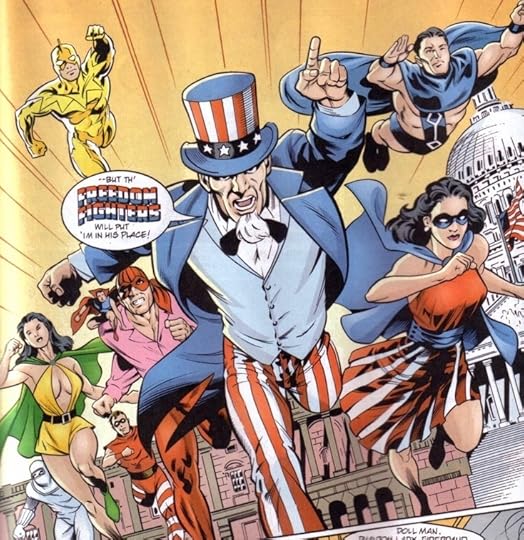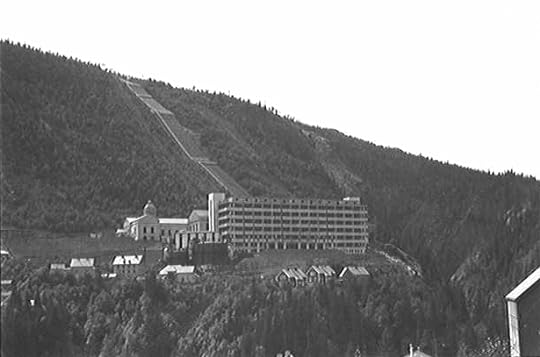What do you think?
Rate this book


544 pages, Paperback
First published January 1, 1977
His clumsiness, I thought, is part of his disguise, part of his armor, a kind of self-defense mechanism – he seems most sincere just when he makes the least sense.
Let the best man win so long as it’s me… I wanted it to be played with rhetoric and industry, yet down deep I knew that even at its most trivial, politics flirted with murder and mayhem, theft and cannibalism.
He parades through like a peacock, sporting all his medals, and jabbing his stubby fingers in outrage at any signs of pink stains on the face of the monument.
The meek inherited nothing but regrets and failure in this world!




"Those who have cast their lot with me shall come to dominion! Those who have cast it with the Phantom shall get their ass stacked!"Mine eyes have seen the glory!
-Uncle Sam

